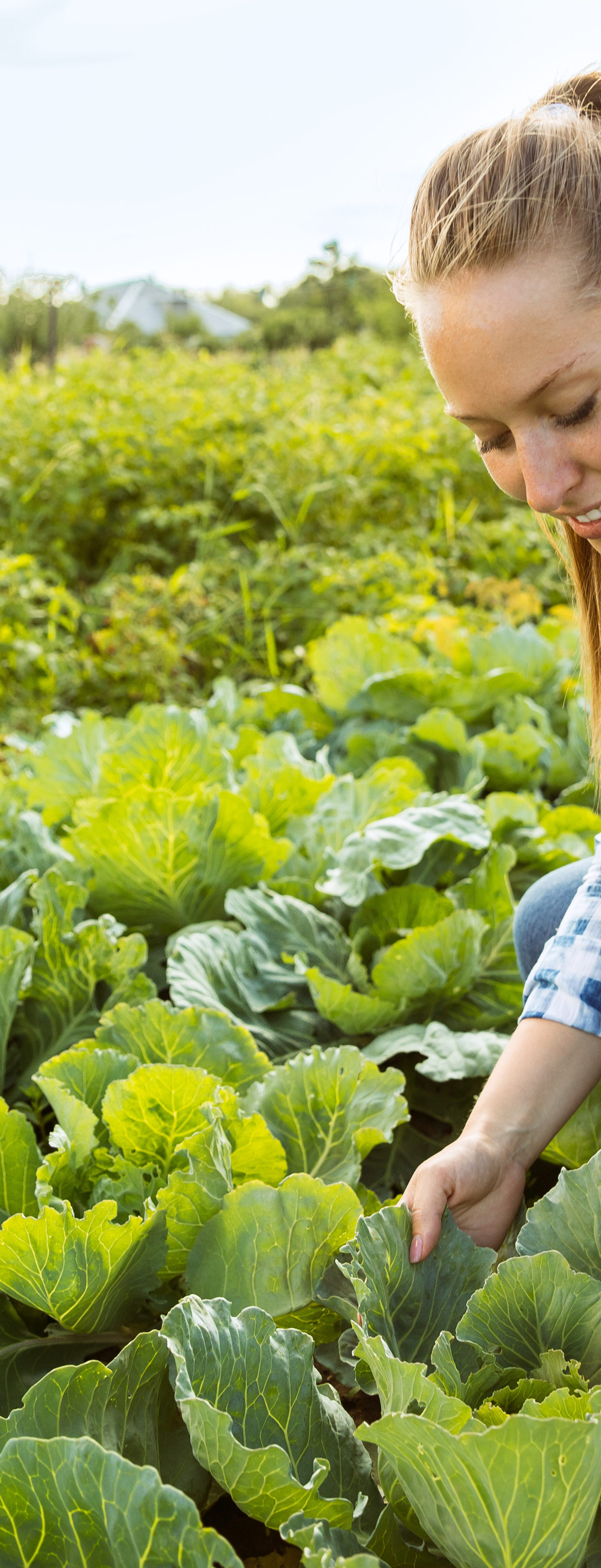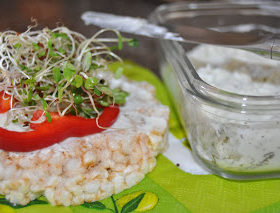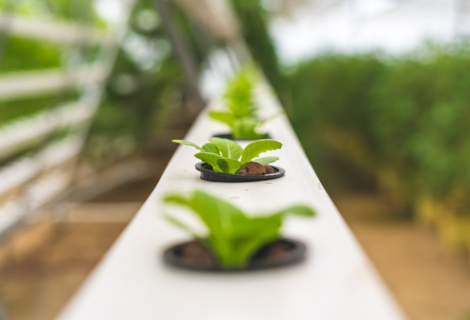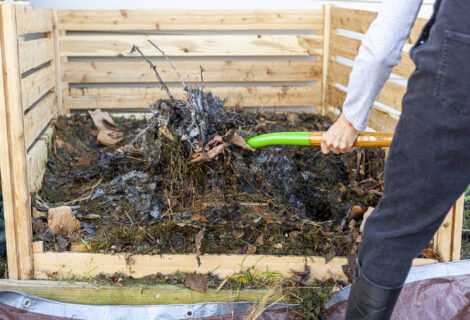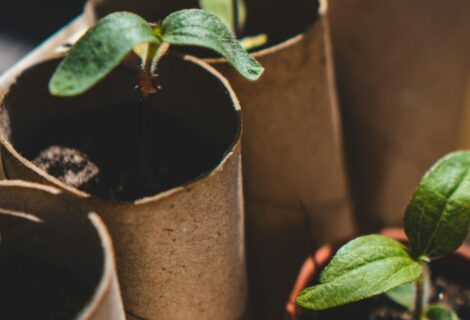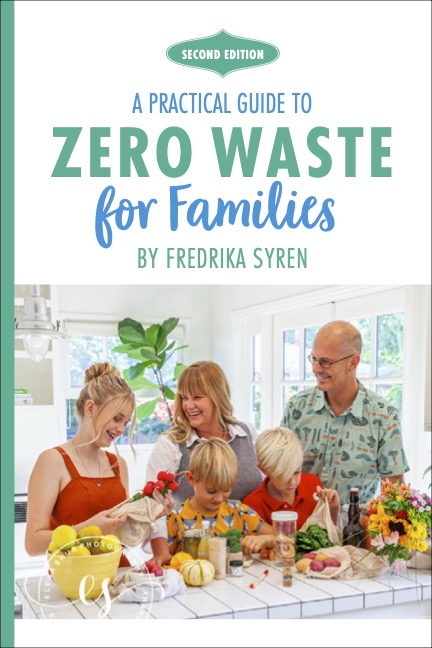There are many benefits to eco-friendly gardening techniques, from increased water quality to reduced wildlife risk to creating a safer outdoor environment for kids to play in. But harnessing these techniques takes a little patience and plenty of research.
Eco-friendly gardening is a method of gardening that incorporates organic, recycled materials in the most efficient way possible. Some people would say that eco-friendly gardening is just about being environmentally friendly. It’s true that sustainable gardening may help reduce your carbon footprint and help protect your surroundings, but eco-friendly gardening can also be good for your back pocket. With sustainable gardening, you’ll be able to harvest safe produce in your very own garden.
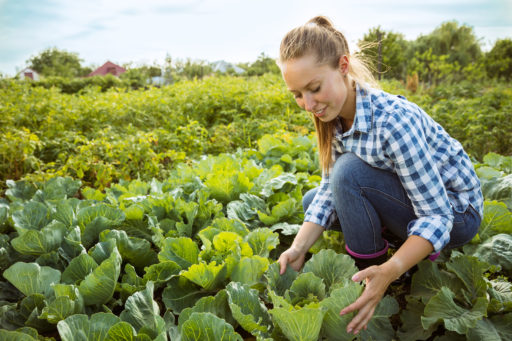
There are a variety of approaches to eco-friendly gardening, but it’s important to start with the basics and keep looking for creative solutions. Here are some tips to get you started:
- Be Conscious About Water Usage
The most common eco-friendly gardening practices are ones that improve water quality and/or add biological soil bio-guides and nutrients back into the soil. In areas where drought is a significant concern, one way to hydrate the soil and increase biodiversity is by encouraging plant species that can utilize the water already in the garden, such as drought-tolerant plants and flowers. Here are other ways to conserve water:
- One way that you conserve water while gardening is by using mulch. Mulching helps reduce water runoff so that the soil remains moist. It also prevents the soil in your garden from eroding. You can do this by simply purchasing a good quality mulch from garden supply retailers, such as Missouri Organic, which may also help protect from bugs, leaves, and other debris that may enter the garden. Some organic mulches even have nutrients in them such as fertilizer that can give your plants and flowers a boost when they need it. Mulching is beneficial for the environment as well as your water bill.
- Another tip for eco-friendly gardening is to place drainage features throughout your garden to allow excess water to seep into your soil. This water is vital for your plants as it allows for the decomposition of organic matter. In addition to the benefits that plants receive through proper drainage, the soil that is built up around the drainage features can become an excellent source of organic fertilizer. By incorporating organic matter such as compost into the soil, you are not only helping to recycle waste but you’re creating a product that is perfect for your gardening needs.
- Choose Native Plants
One of the most important things that you can do to start an eco-friendly garden is to choose plants that are native to your area. Native plants are much safer for the environment and are a great way to provide your garden with natural nutrients that are needed for healthy plants and soil. You’re helping the environment by cultivating native plants because:
- Native plants may help reduce air pollution.
- Plants that are native to the area are well-suited to surviving in the conditions of your garden. You may also need fewer pesticides to protect your plants.
- Native plants help attract pollinators like bees, butterflies, and birds.
- Native plants are essential for biodiversity aside from providing food and shelter for wildlife.
- Use Non-Chemical Pest Repellents
Many people are under the impression that growing their own vegetables and fruits is more environmentally responsible than getting them from the store. However, if you’re going to use chemical insecticides to grow your plants, you may be harming your health and the environment, too. If you want to avoid chemical-based insecticides, you should try to grow more native plants or use alternative pest repellents.
Non-chemical pest repellents help deter different kinds of pests while keeping your products safe for human consumption. Examples of non-chemical pest repellents are garlic and onion sprays, salt sprays, and repellents with neem oil. These simple concoctions help control insect growth and control pests that are harmful to the plants.
- Make Your Own Compost
By creating compost, you’re reducing the amount of waste that ends up in landfill. In addition to helping reduce landfill waste, composting also provides a natural way to enhance the overall health of your plants by enriching the soil with the nutrients that plants need to grow. When you make your compost, you’re not throwing out the useful contents of decomposing material. Instead, you’re utilizing natural energy which helps to create a balance in the soil’s nutrients for the healthy growth and development of plants.
Takeaway
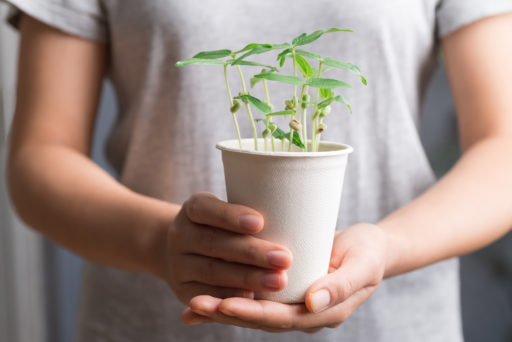
Sustainable gardening is an extension of a green or eco-friendly lifestyle. And there’s a lot to learn about eco-friendly gardening! The good news is that there are numerous resources that you can take advantage of to become more aware and knowledgeable of sustainable or eco-friendly gardening.


